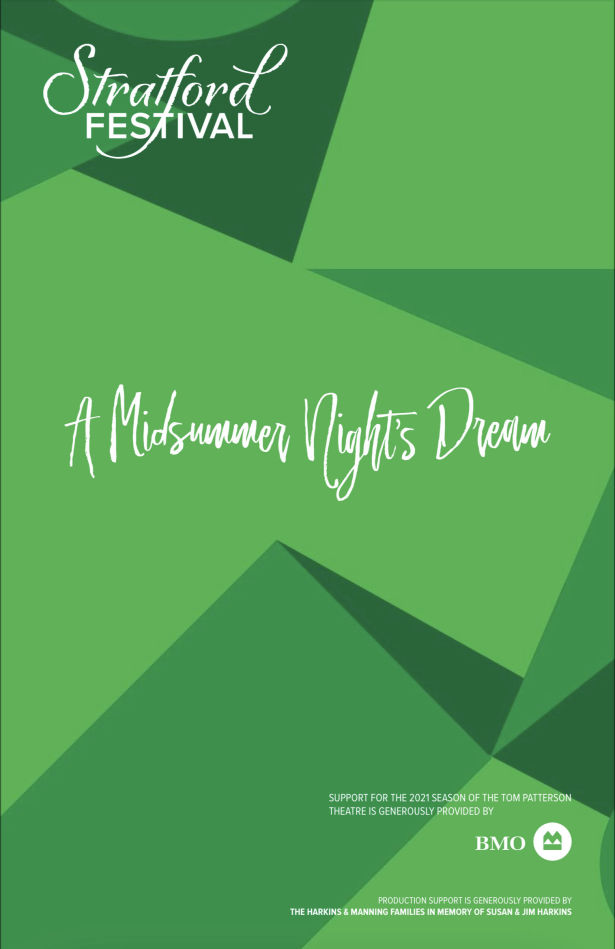
Returning from the Pandemic
Stratford, Ontario is a small Canadian city that shares a name with the birthplace of William Shakespeare. Starting in 1953, it began annual theatrical seasons anchored in part by a Shakespearean production. For decades, Stratford was a vital part of Canada's artistic life.
And then, the 2020 COVID-19 pandemic happened, and a whole season was cancelled.
When the Stratford Festival returned in 2021, it reflected the new reality. The production was performed outdoors, to a reduced audience and with a reduced cast who were keeping their distance from each other.
Director Peter Pasyk's production of A Midsummer Night's Dream was recorded on July 30, 2021 and stands as a record of a particular time.
But if this Dream is evidence of our recent past (and as I write this in mid-2022, still pretty much our present), then it also harks back to the more distant past. The very first productions at Stratford in the 1950s were performed under a big tent. And when William Shakespeare wrote A Midsummer Night's Dream in the 1590s, London's theatres had recently been closed due to a plague.
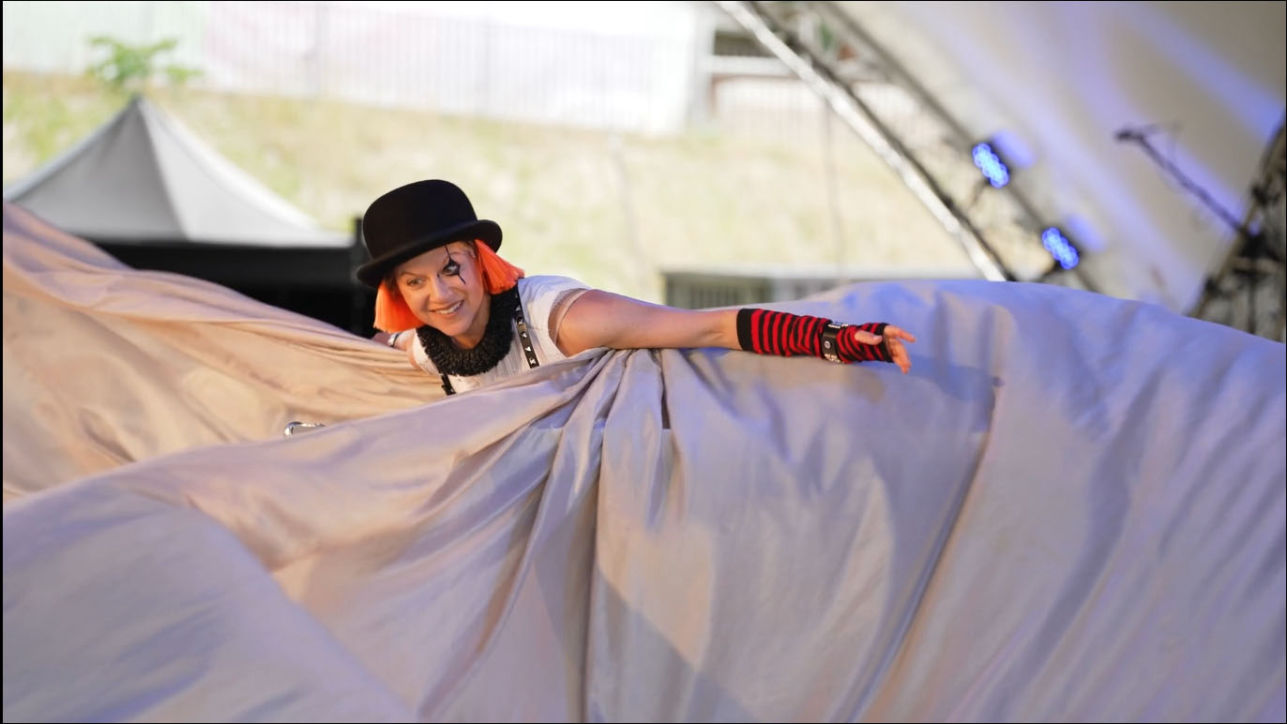
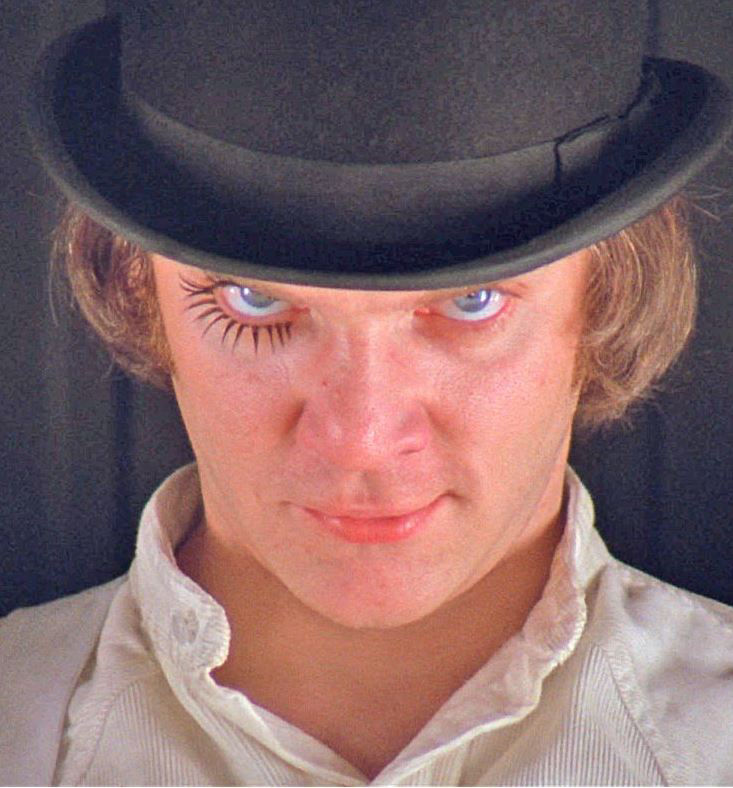

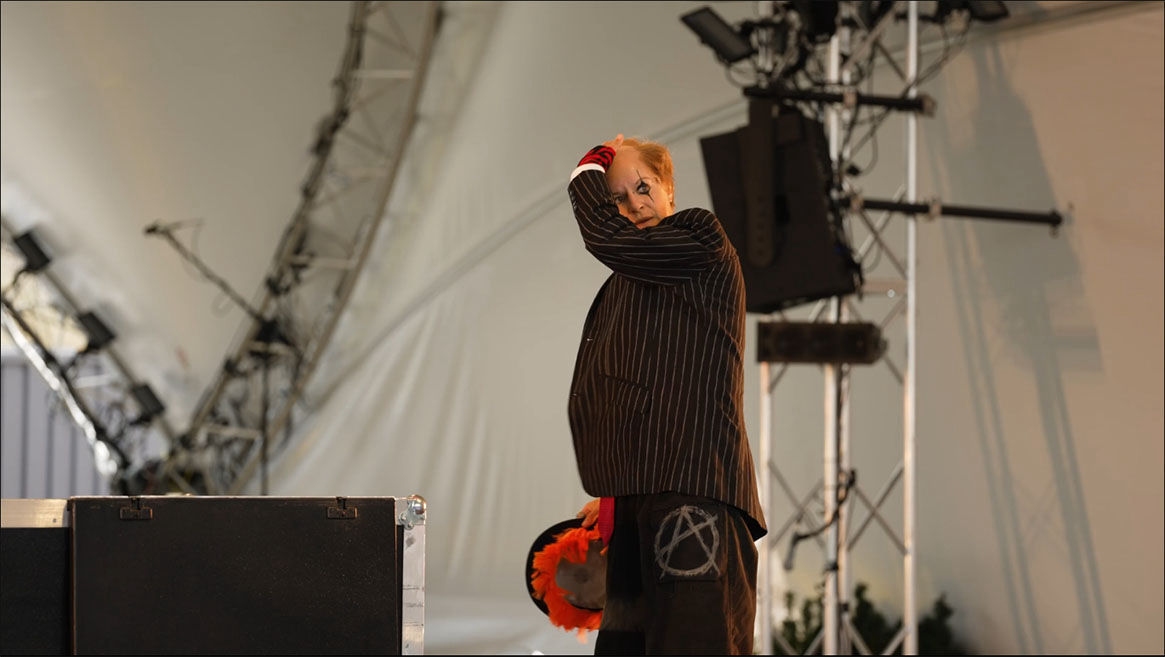
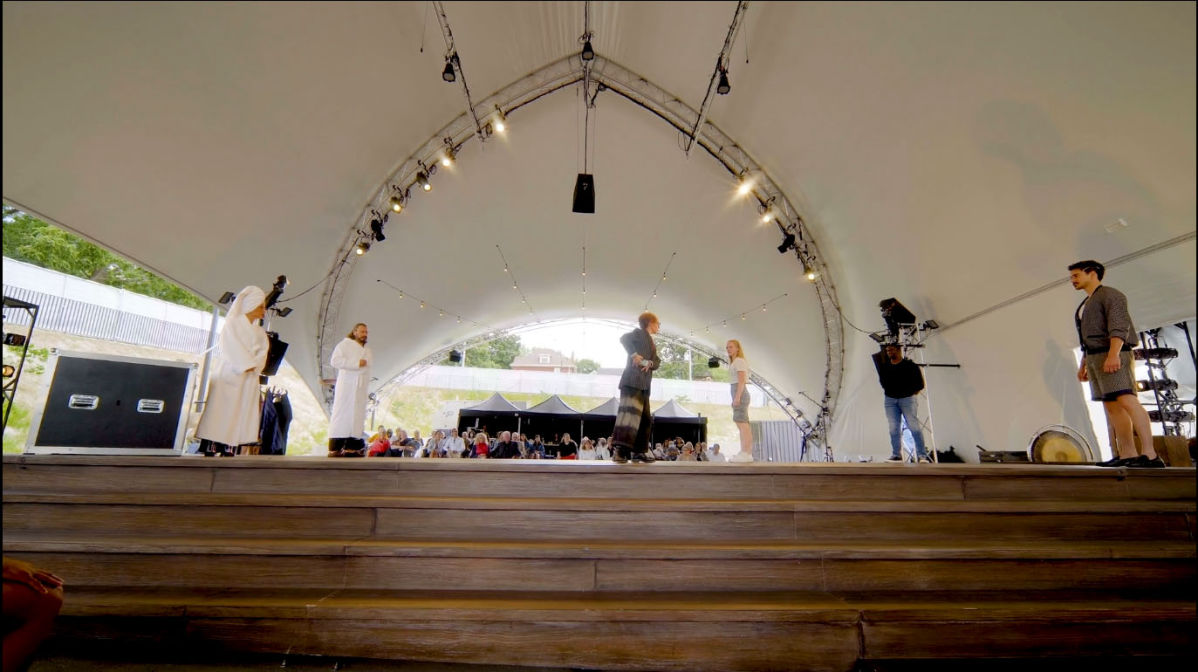
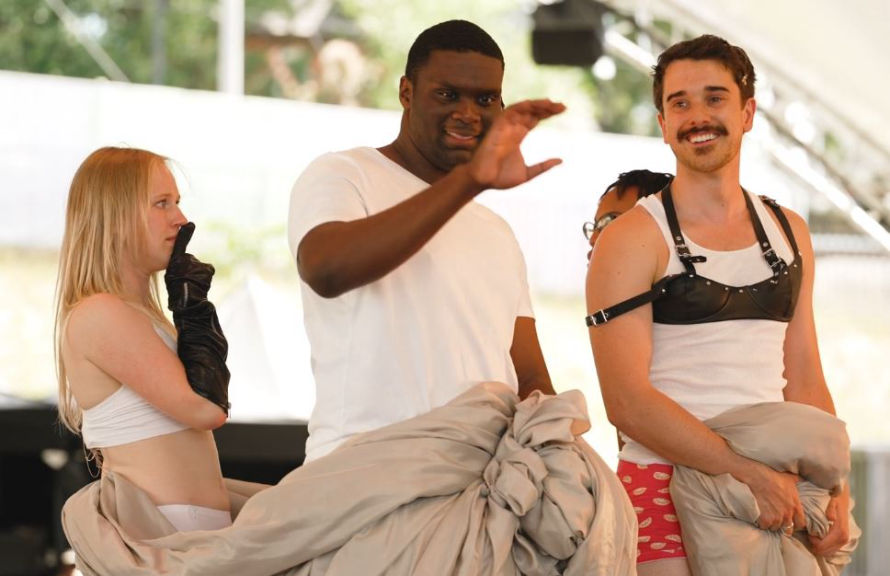
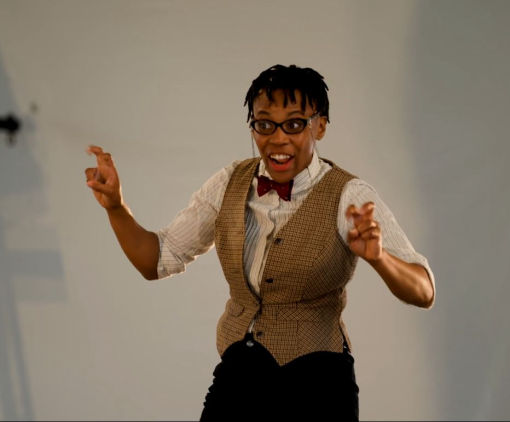
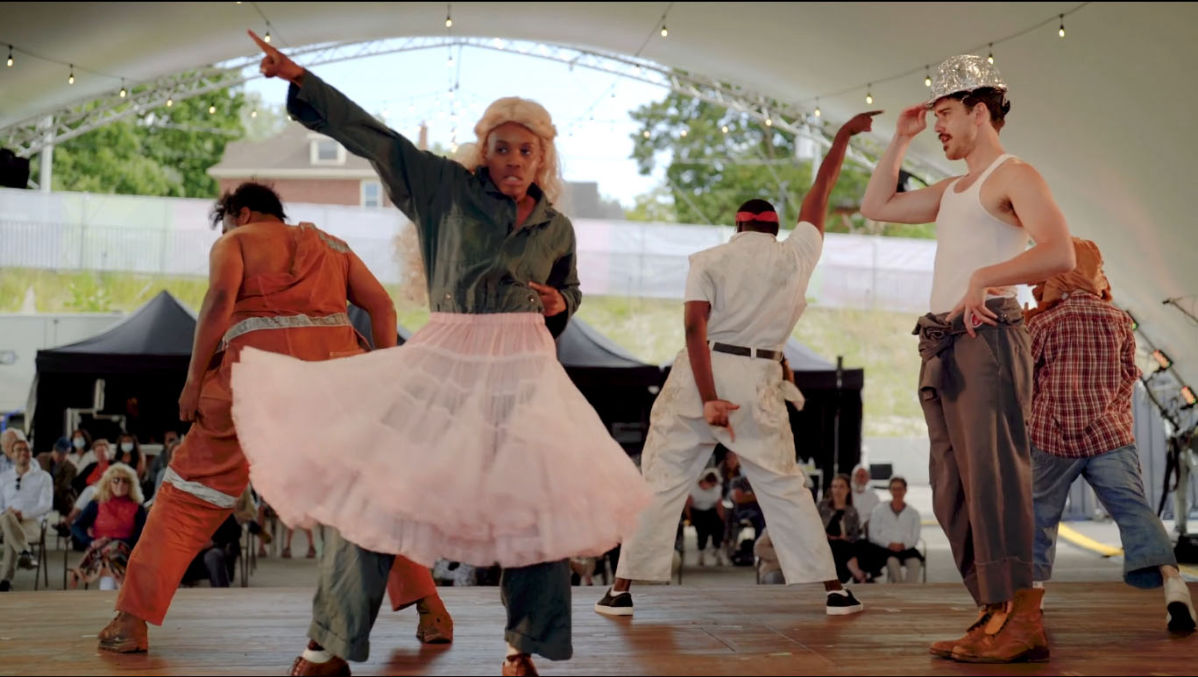
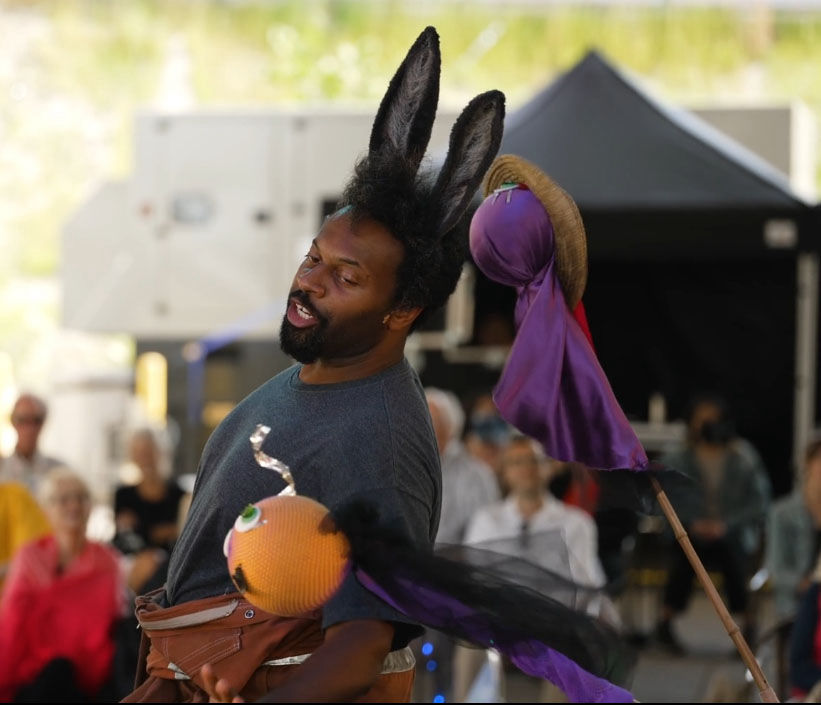
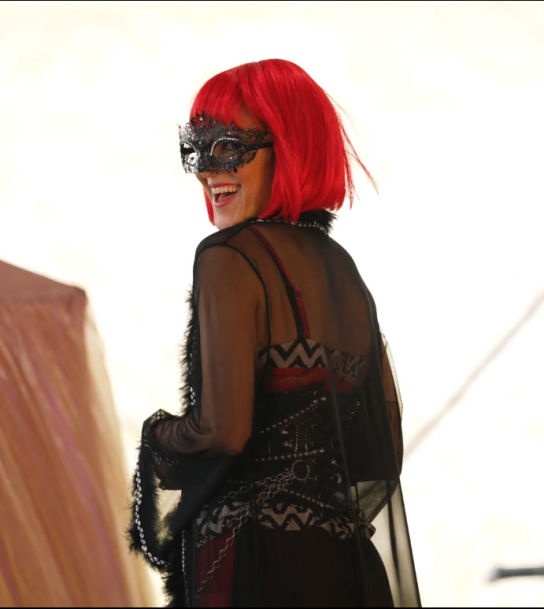
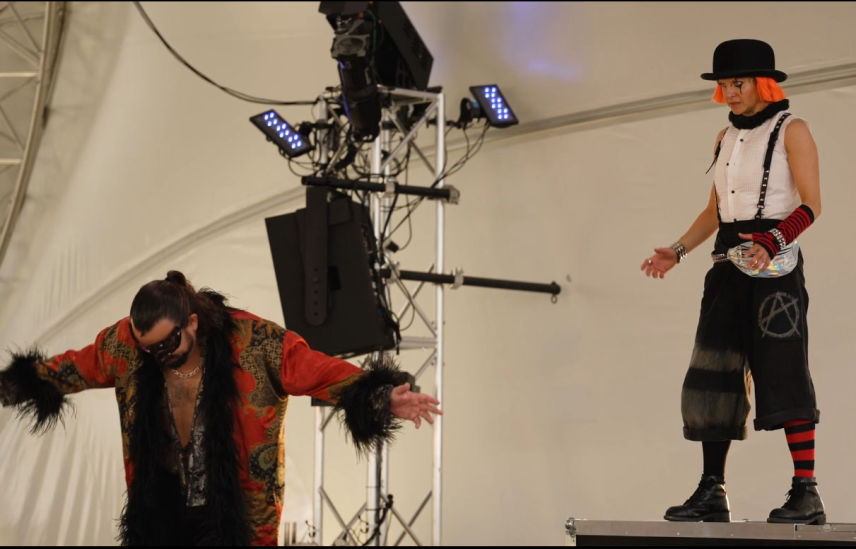
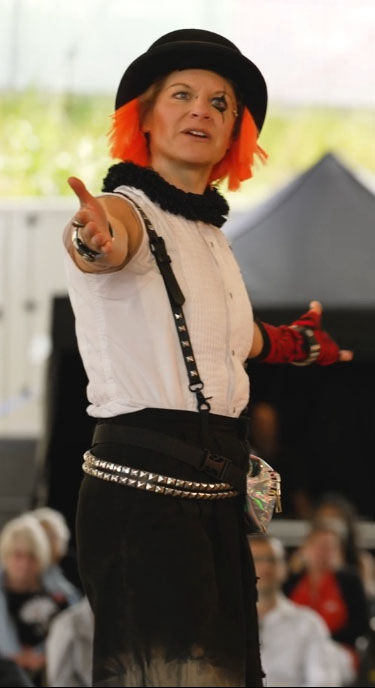
Contact Us